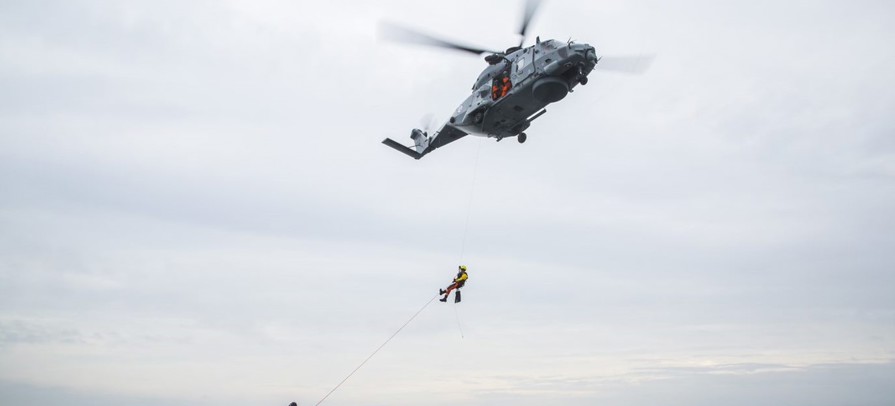EU Polar Cluster
The EU Polar Cluster is a network of Horizon 2020 and a Framework Programme 7 funded polar projects.
The EU Polar Cluster currently comprises of 21 projects: APPLICATE, ARCSAR, ARICE, ArcticHubs, Beyond EPICA, BLUE-ACTION, CAPARDUS, CHARTER, ECOTIP, EU-PolarNet, FACE-IT, FORCeS, iCUPE, INTAROS, INTERACT, JUSTNORTH, KEPLER, FORCES, SO-CHIC, TiPACCs and NUNATARYUK.
The cluster thus merges a broad spectrum of research and coordination activities – ranging from the most up-to-date findings on permafrost and sea ice, from enhancing observation to improving predictions, and from networking research stations to coordinating access to icebreakers.
There are several projects in the EU Polar Cluster with partners from the Faroe Islands. The geographical location of the Faroes in the Arctic region makes polar research very relevant.
The institutions and projects are:
Maritime Rescue Co-ordination Center, MRCC partner in ARCSAR
The ARCSAR network will address the Arctic and North-Atlantic (ANA) region, preparing to cope with the Security and safety threats that will result from increased commercial activity in the region including traffic through the Northern passages, cruise traffic, and offshore oil and gas activity.
The University of the Faroe Islands partner in ArcticHubs
The ArcticHubs project is seeking to resolve conflicts through the use of new Adaptive tools and approaches.
The Faroe Marine Research Institute, FAMRI is partner in BLUE-ACTION
Blue-Action: Arctic impact on weather and climate. Blue-Action is a major European research project investigating the effect of a changing Arctic on weather and climate.
The Faroe Marine Research Institute, FAMRI is also partner in EU-PolarNet
The ambition of EU-PolarNet 2 is to establish a sustainable and inclusive platform to co-develop and advance European Polar research actions and to give evidence-based advice to policymaking processes.
Faroese Geological Survey is partner in INTERACT
INTERACT – International Network for Terrestrial Research and Monitoring in the Arctic. INTERACT specifically seeks to build capacity for research and monitoring all over the Arctic, and is offering access to numerous research stations through the Transnational Access Program.
Picture: ARCSAR project
